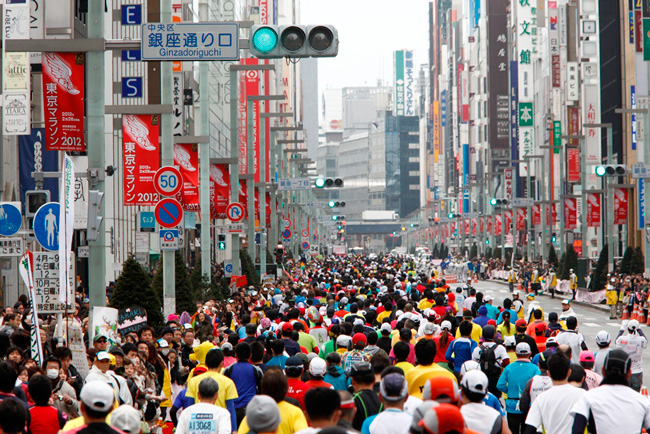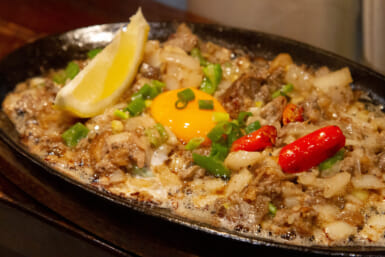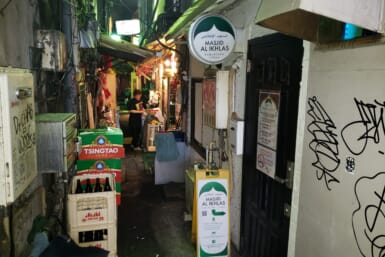36,000 athletes turned out for Tokyo Marathon 2012 on Sunday, with an estimated two million supporters offering their encouragement from the roadside, together with some 10,000 enthusiastic volunteers.
Kenya’s Michael Kipyego topped the men’s field in 2 hours, 7 minutes and 37 seconds, outrunning former world record holder, Ethiopia’s Haile Gebrselassie, who came in a disappointing fourth.
In the women’s field, Ethiopia’s Atsede Habtamu claimed gold, clocking 2:25:28.
The men’s wheel chair marathon title went to Japan’s Hiroyuki Yamamoto, while Wakako Tsuchida grabbed her fifth consecutive title in the women’s wheel chair marathon.
The world’s top runners such as 2010 European Championships gold medallist Viktor Röthlin and 2011 Amsterdam Marathon runner-up Eyerusalem Kuma also competed along with local passionate amateur runners.
A hundred elite male and female marathon runners joined from countries around the globe such as Ethiopia, Kenya, Italy, Russia, Ukraine and Brazil.
3,000 charity runners also participated for the goodwill charity program “Tsunagu”, all donating amounts of ¥100,000 or more for the affected in the 2011 earthquake.
Half the total contributions collected will be distributed for projects aimed at the recovery of the affected areas through the “Tsunagu” program.
A well-established IAAF Gold Label Road Race since 2012, the Tokyo Marathon, received 283,988 applications this year – an over subscription rate of 9.6.
Tokyo Marathon 2012 showed that the capital has what it takes to host a major sporting event and in this Olympic year, city officials will seek to maximize the impact of the event as Tokyo bids to host the 2020 Olympic games.
“The Tokyo Marathon is an extraordinary exhibition that demonstrates the remarkable power of sport and its ability to unite and inspire us all,” said Masato Mizuno, CEO of Tokyo 2020.
“I am proud to be a part of an incredible sporting city with the dynamic atmosphere permeating us all.”
The marathon course went through the Heritage Zone and the Tokyo Bay Zone as defined by the new 2020 Olympics plan.
The course offered remarkable views of its innovative and top tier infrastructure, such as the Tokyo Tower and the newly designed Tokyo Sky Tree, in addition to Ginza’s centuries-old establishments and trendy boutiques.
Marathon participants then headed to the waterfront Tokyo Bay Zone and the finish line at Tokyo Big Sight, a convention center that will be central to the city’s Olympic dreams.
“The Tokyo Marathon is a great showcase of our hosting experience and I look forward to Tokyo playing host again to all our international friends in 2020,” Mizuno said.
Tokyo Marathon official site: www.tokyo42195.org/2012_en









